Work Visa
What is a Nursing Care Visa?
- 2024.05.13
What is a nursing care visa?
The nursing care visa is one of the work visas newly recognized in 2017 and is a residential status for foreigners to work as a care worker in a nursing care facility.
The nursing care sector in Japan is facing a serious shortage of nursing care workers as Japan’s population ages well into the future. In light of this situation, the “nursing care visa” was newly established in 2017 in addition to the existing visa system to attract more foreign caregivers.
|
Key Points
|
How can foreigners work in the nursing care industry?
Currently, four types of visas allow foreigners to work in the nursing care field
(1) Nursing care visa
A qualification as a care worker is required.
Please refer to “3. Requirements for obtaining a nursing care visa” below for details on how to obtain a nursing care worker qualification.
(2) Technical Intern Training
The purpose of the technical Intern Training Program for Foreigners is to transfer the skills and knowledge acquired in Japan to developing regions and contribute to the economic development of those regions.
The period of stay for a Technical Intern Training Visa is 3 years, with a maximum of 5 years if you fulfill various conditions.
If you successfully complete the technical internship, you can change your status to (3) Specified Technical Skills.
(3) Specified Technical Skills
The Specified Technical Skills System is a system for accepting foreign nationals with a certain level of specialized knowledge and skills in industrial fields where it is difficult to secure the necessary human resources in Japan.
- The maximum period of stay for a Specified Technical Skills 1 foreign national is 5 years.
- There are requirements for obtaining the specified skills, such as passing the Nursing Care Skills Evaluation, Japanese Language Proficiency Test N4, and the Japanese Language Evaluation Test for Nursing Care, and successfully completing Technical Internship No. 2 in the nursing care field.
4) Foreign care workers under the EPA (Economic Partnership Agreement)
EPA care worker candidates are foreign nationals who are working at a Japanese care facility under an EPA (Economic Partnership Agreement) while striving to obtain a Japanese care worker license.
This program is intended to strengthen cooperation between countries and is not a means to solve the shortage of nursing care workers.
Acceptance of EPA care worker candidates began in FY2008. To date, a cumulative total of more than 5,000 candidates have been accepted.
The main target countries are Indonesia, the Philippines, and Vietnam.
Requirements for obtaining a Nursing Care Visa
To obtain a Nursing Care Worker Visa, you must meet all of the following requirements
- (1) Qualification as a care worker
- (2) Appropriate employment contract with a long-term care facility
- (3) Receive remuneration equivalent to or greater than that of a Japanese national.
How to obtain the “Care Worker” Qualification?
There are four routes to obtain a “Care Worker” Qualification.
|
(1) Training facility route
|
After graduating from high school, students may enter a welfare-related university or vocational school. Normally, it takes more than two years to attend these schools, but if you have graduated from a welfare-related university or a training facility for childcare workers or social workers, it takes only one year or more. |
|
(2) Work experience route |
This is a route to acquire qualifications while working in the field of nursing care. After working for at least three years and completing practical training, you must pass the national examination to become a certified care worker. |
|
(3) Welfare high school route |
This route is to enter a high school that has a welfare department or a nursing care welfare course, and upon graduation from this course, students will be qualified to sit for the nursing care worker examination. |
|
4) EPA route |
This is the route to enter Japan under the Foreign Nationals Technical Intern Training Program (EPA), complete on-the-job training at a receiving facility, and then pass the national examination to become qualified as a care worker. The working period under the EPA is usually four years, during which time the foreign national can gain three years of work experience and fulfill the requirements to sit for the national examination. |
*For more information, please refer to the Foundation for Social Welfare Promotion and Examination Center’s Qualification for the Care Worker National Examination (Qualification Route Map). https://www.sssc.or.jp/kaigo/shikaku/route.html
Transitional Measures for Graduates of Care Worker Training Facilities
The requirements for obtaining a care worker certification for graduates of care worker training facilities have been changed.
Graduates of care worker training facilities must pass the care worker examination to become a care worker. However, for those who graduated between April 1, 2017, and March 31, 2027, special transitional measures have been established, and even if they do not pass the examination, they will be recognized as a care worker for five years from the year following the year of graduation.
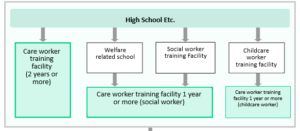
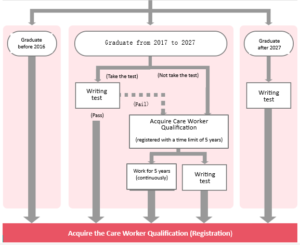
(From the Foundation for Social Welfare Promotion and Examination, https://www.sssc.or.jp/
(National Examination for Care Workers: Training Facility Route)
Summary
In this article, we have explained the Nursing Care Visa.
By obtaining a Nursing Care Visa, you can build a career as a caregiver in Japan. You will be able to engage in rewarding work in the nursing care industry, where demand is increasing, and contribute to people’s lives.
In addition, although a foreigner does not necessarily need to be on a Nursing Care Visa to work in the nursing care industry, obtaining a Nursing Care Visa will also make it possible to obtain a Permanent Resident Visa in the future.
If you have any questions about the nursing care visa, please feel free to contact our office.
We are Yanagi group, which have offices in Osaka (Abeno and Tennoji), and our affiliated offices in Tokyo (Shibuya and Ebisu) are also available for an on-site consultation. We have handled many applications for permanent residence permits, naturalization permits, work visas, college student visas, management visas, etc., as well as visa renewal procedures related to the status of residence with the Immigration Bureau (Immigration Bureau) as a one-stop service. Our experienced administrative scriveners are also available to help you with any problems you may have.
We also have staff members who can speak each of the native languages and can assist you in obtaining a visa.
※If you wish to be consulted in Nepali or Bengali, please inform us in advance via our website or social media, and the translator will contact you ahead of time.
Please feel free to contact us if you have any questions about your status of residence or visa, even if they are trivial.
Toll-free number: 0120-138-552
For English speakers: 080-9346-2991
For Chinese speakers: 090-8456-6196
For Korean speakers: 090-8448-2133
For Vietnamese speakers: 080-5510-2593
Editor of this article
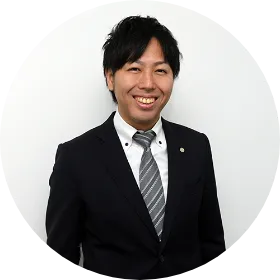
- Ryota Yanagimoto
- Administrative Scrivener/Judicial Scrivener
At the age of 24, he passed the national examinations for judicial scrivener, administrative scrivener, and wage service manager at the same time.
While working as a full-time lecturer at a major prep school, he independently opened a legal office related to judicial scriveners and administrative scriveners,
and he has experience as a judicial scrivener and an administrative scrivener for more than 15 years so far.
He has been actively contributing to various industries such as publicly listed companies, real estate companies, financial institutions, elderly care services, and professional organizations by conducting seminars, lectures, and talks.
And now he has a record of over 60 presentations so far.
Furthermore, as the president of a Japanese language school announced by the Ministry of Justice and Acts, and an advisor to a real estate company (capable of handling foreign clients),
he has been involved in various aspects of industries related to foreigners.
It is recommended to consult with experts when it comes to visas, naturalization, and residency matters.

Our office has specialized experts in visa and naturalization applications who are available to assist with free consultations (limited to the first session) and inquiries related to various visa applications and naturalization applications.
Additionally, we have foreign staff proficient in English, Chinese, and Korean languages with specialized knowledge, and they are present to provide support. They can accommodate consultations and inquiries in each language. Feel free to use our free consultation and inquiry services from here.






















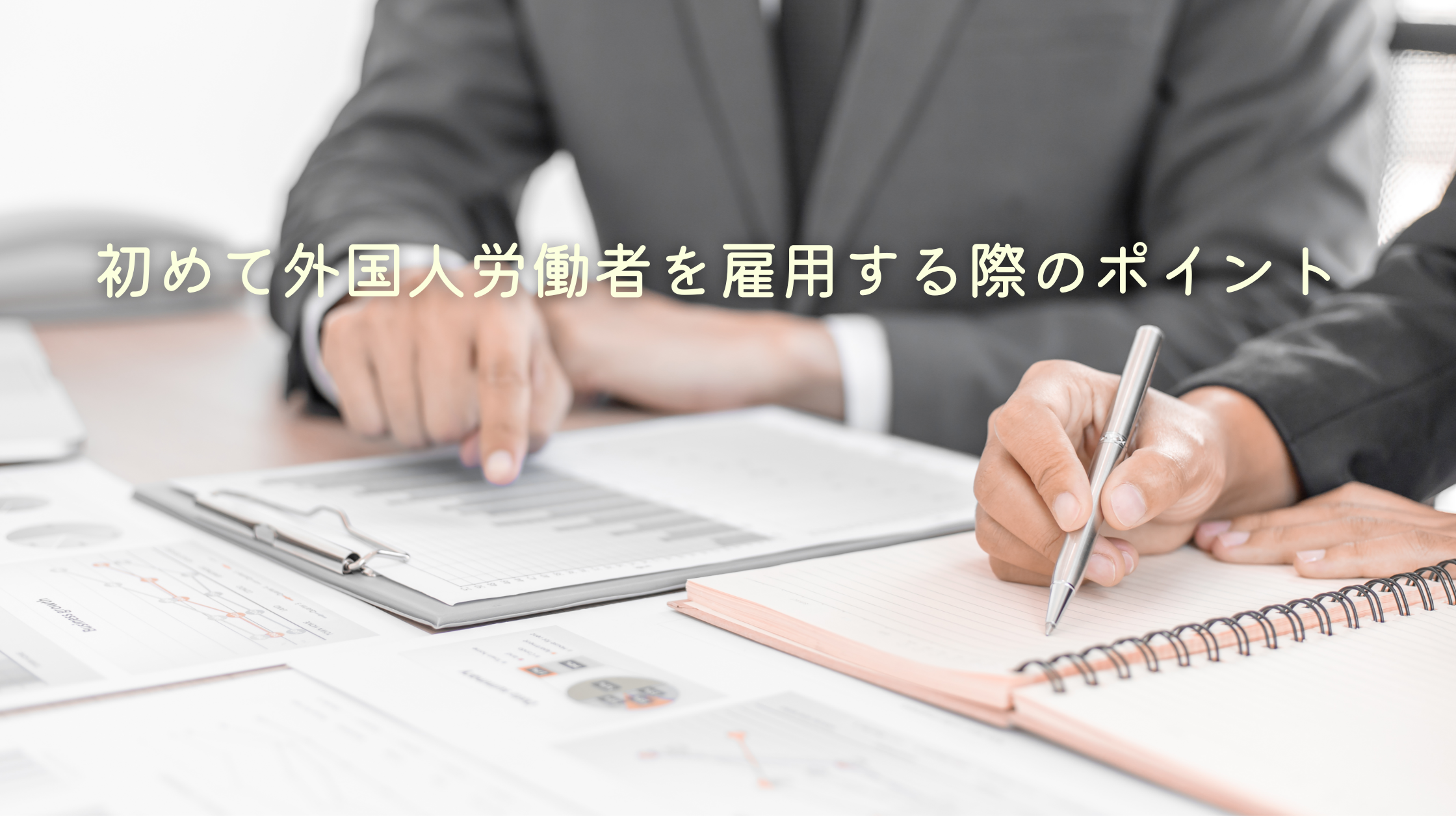


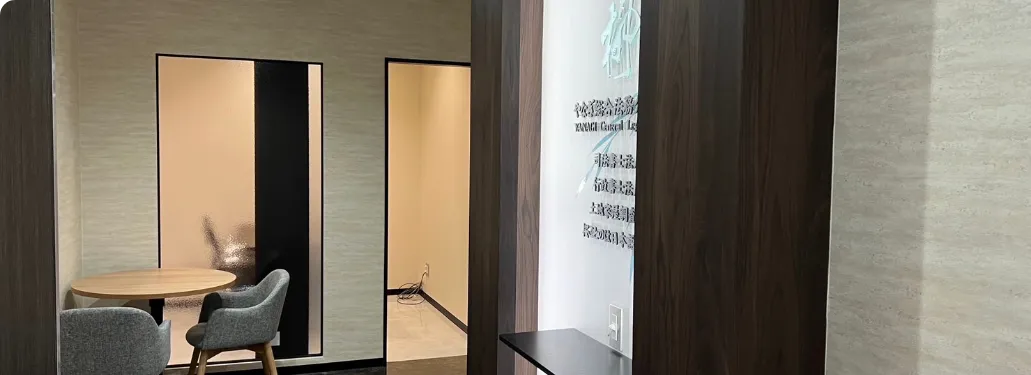
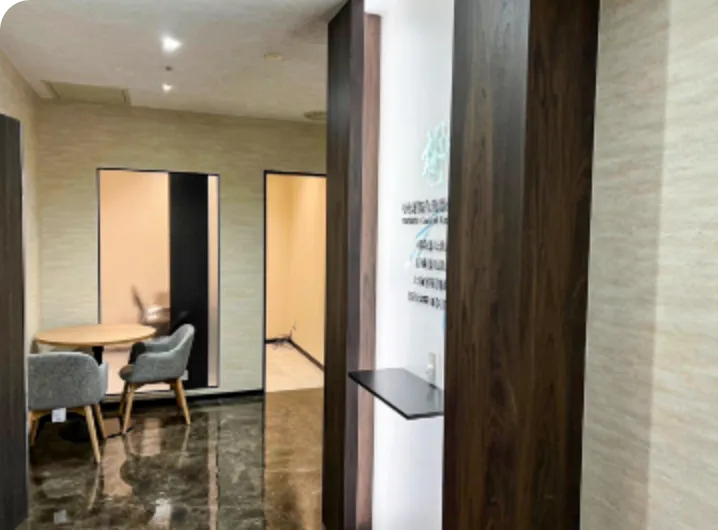
 0120-138-552
0120-138-552 Free
Consultation
Free
Consultation Contact Us
Contact Us